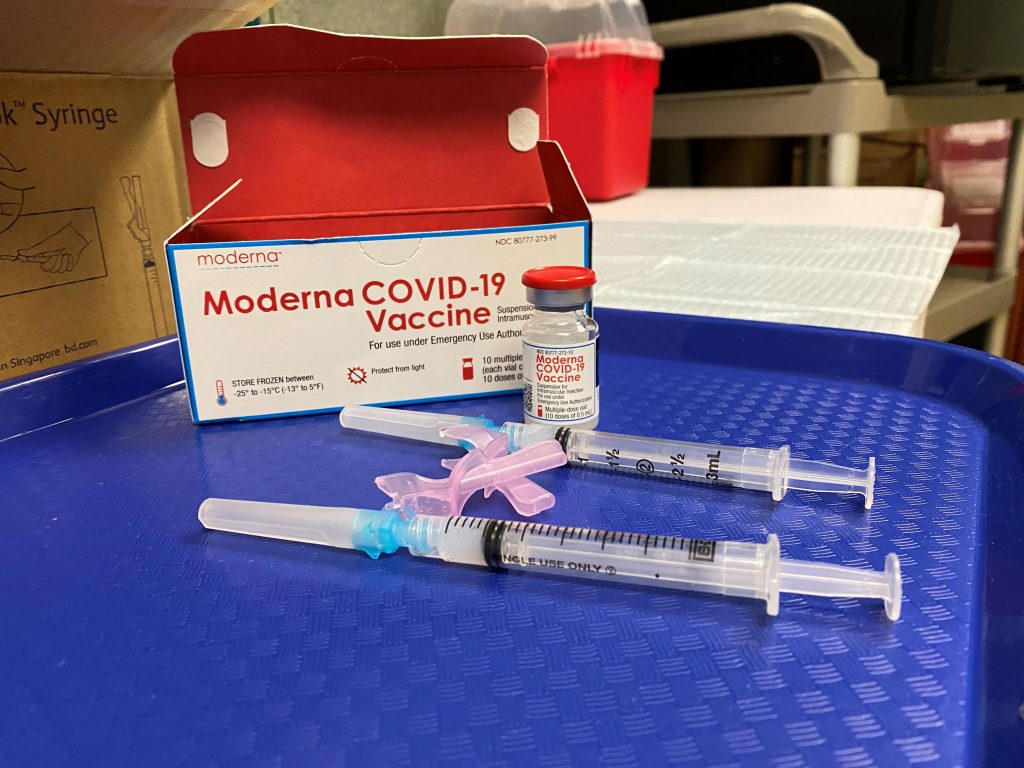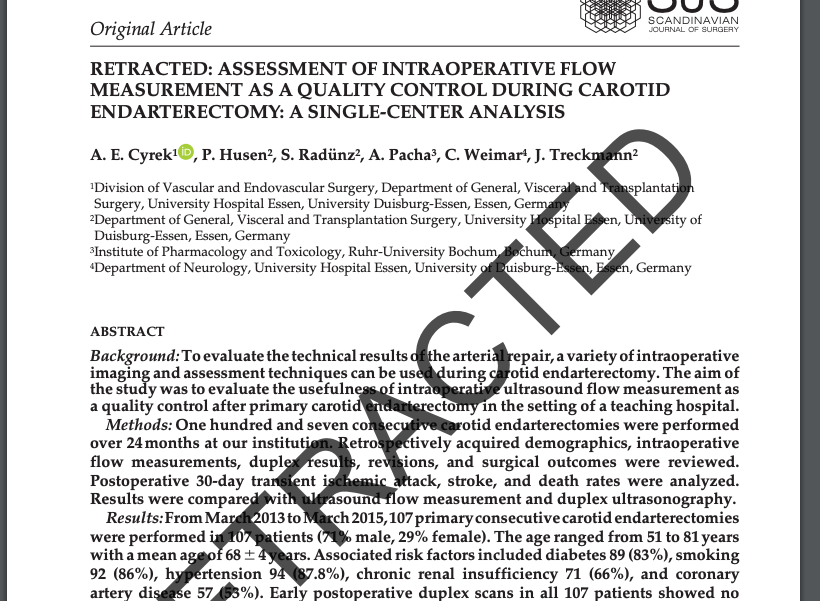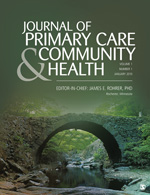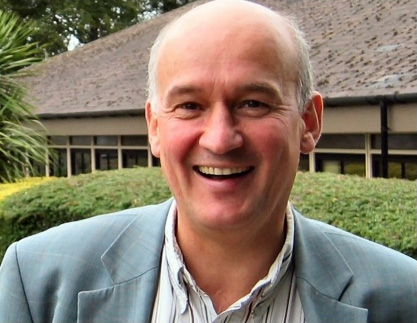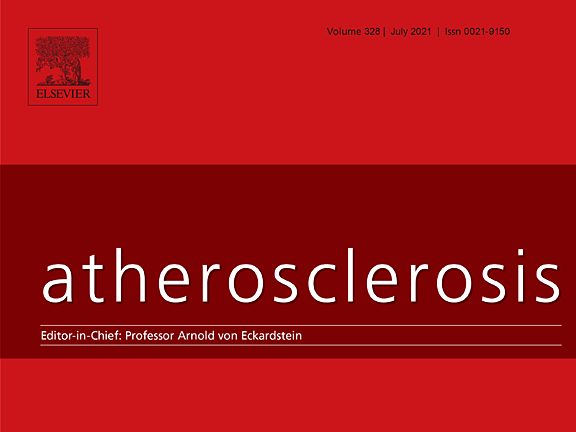A European cardiology journal has issued expressions of concern for seven widely-cited papers dating back to 2009 after a reader flagged suspicious images in the articles.
Although the cast of characters changes, the senior author on all seven papers is Chao-Ke Tang, of the First Affiliated Hospital of the University of South China, in Hengyang, Hunan. To date, at least 15 of Tang’s papers have come under scrutiny on PubPeer. Two months ago, for example, Elisabeth Bik posted about “unexpected similarities” in multiple figures in a 2013 paper by Tang and colleagues that appeared in PLoS ONE.
But Sander Kersten, the chair of Nutrition, Metabolism and Genomics and Division of Human Nutrition and Health at Wageningen University in The Netherlands, said he believes that the researcher’s output for roughly the past decade is unreliable.
Kersten said his concerns about Tang date back to 2014, when he reviewed — negatively — a manuscript for Atherosclerosis, an Elsevier title, from the researcher:
Continue reading ‘They seem to mean business’: Cardiology journal flags papers cited hundreds of times
